POLITHEOR
European Policy Network
Blog 3 Columns
- Home
- Blog 3 Columns
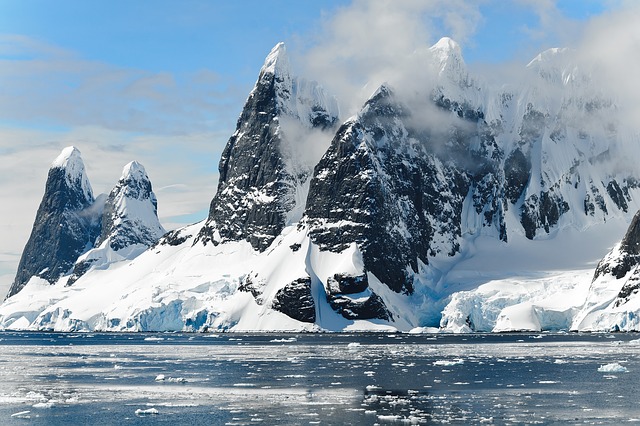
Warm Arctic, cold Europe: warnings from last February0
- Environment and Energy, Op-ed
- 23/05/2018
Pioneer investors are bringing globalization in the Arctic, in exchange for natural resources and strategic outposts. Is it worth the money?
READ MORE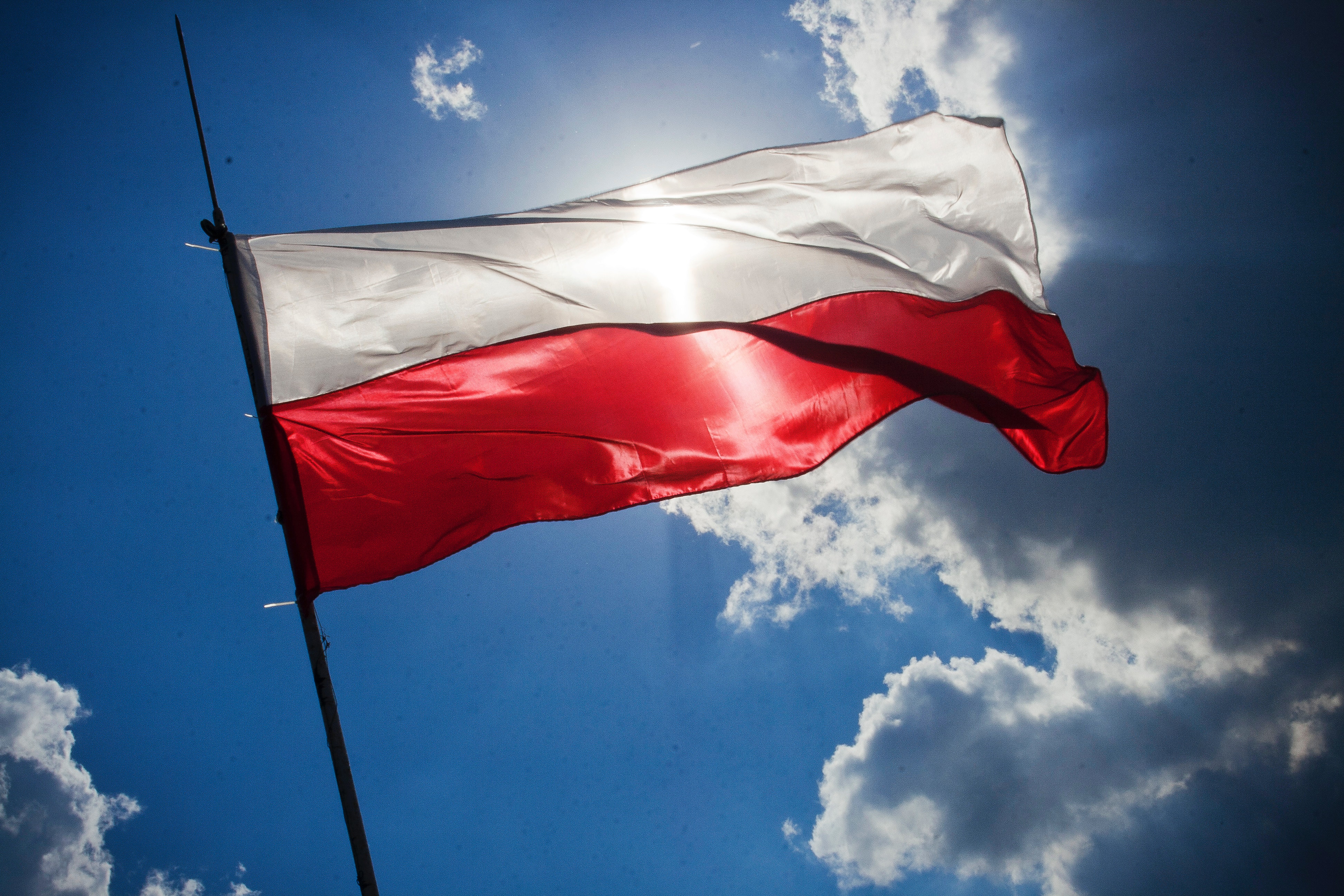
Poland and the rule of law: financial sticks, political carrots?0
- EU Governance and Politics, Op-ed
- 08/05/2018
After much debate, the European Commission chose to initiate the infamous ‘Article 7 procedure’ against Poland in December 2017. As the name already implies, this procedure is established in article 7 of the Treaty of the European Union (TEU) and designed to be able to take action against member states that risk breaching EU values.
READ MORE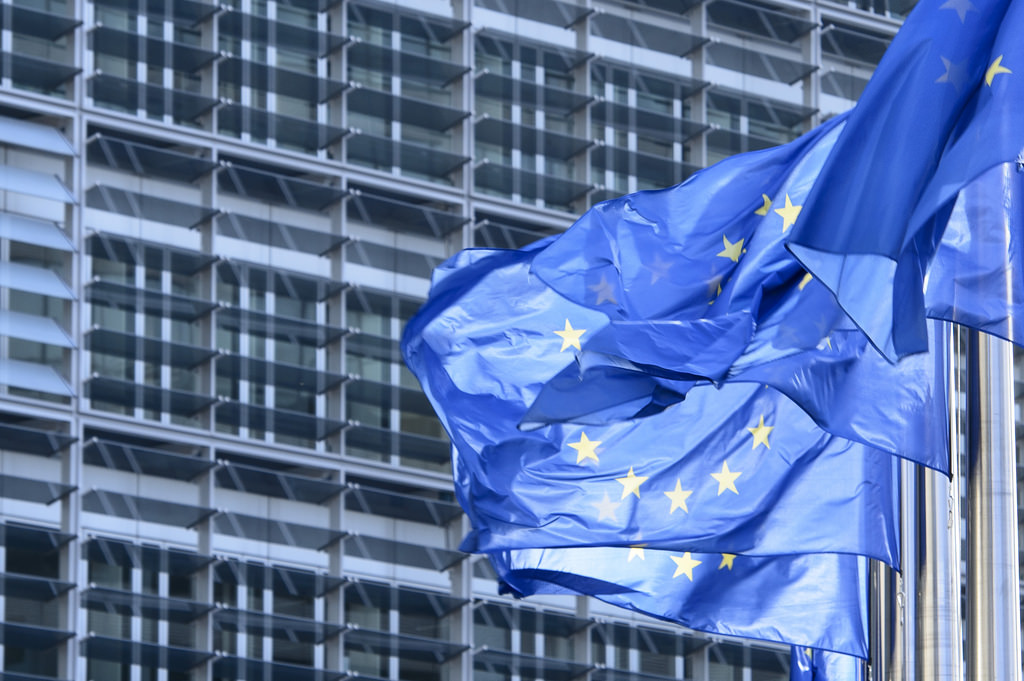
Environment & trade agreements: a peaceful coexistence?0
- Environment and Energy, International Trade, Op-ed
- 20/04/2018
Trade facilitation enhances environmental degradation, and this has to be addressed by policy makers. The noxious impact of trade on the environment is undeniable: it generates pollution through transportation (one of the most harmful economic sectors) and by fostering large-scale production for greater growth.
READ MORE
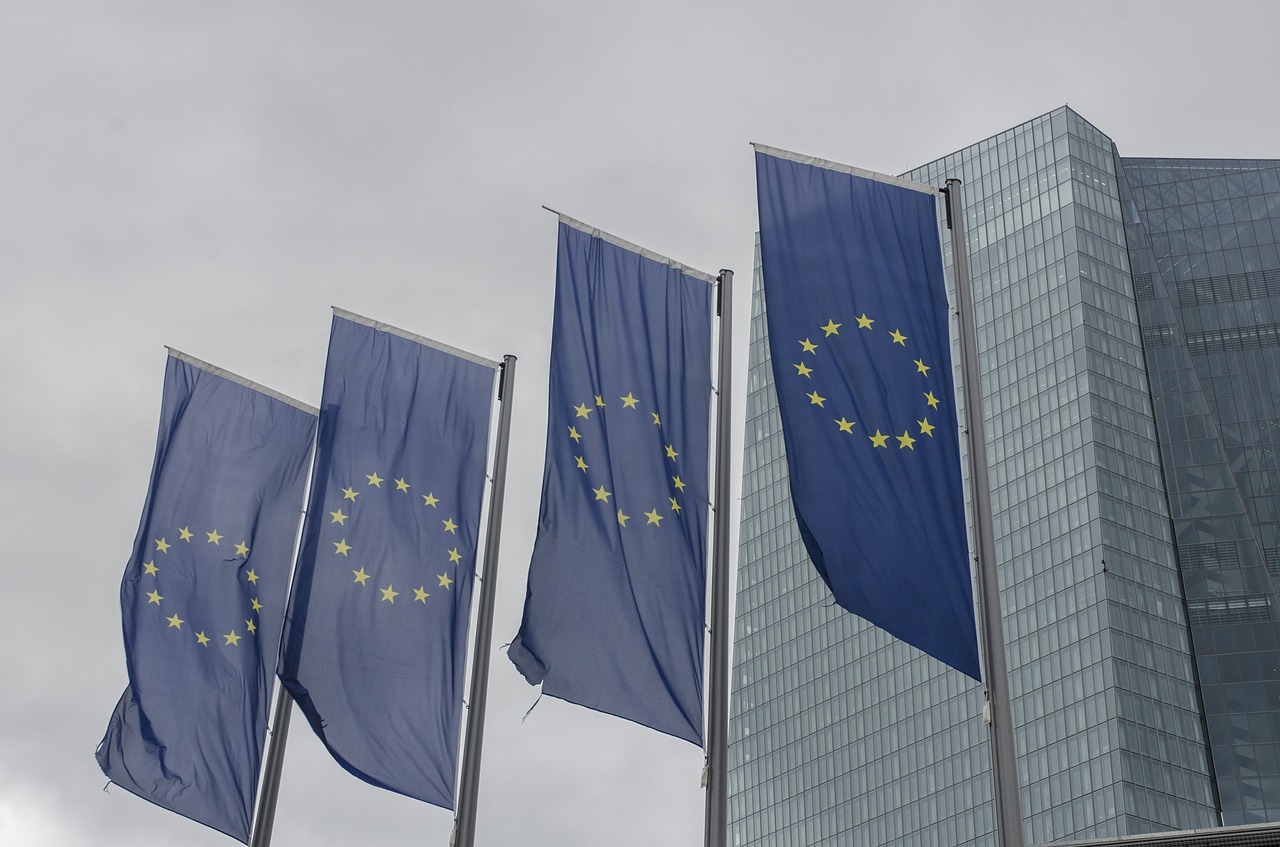
The CMU initiative: Is a hard Brexit really an option?0
- Financial Policy and International Markets, Op-ed
- 11/04/2018
With Brexit approaching, the Capital Markets Union (CMU) initiative acquires greater importance for the EU financial system. Faced with the looming threat of losing its pivotal financial centre and the risks it will entail, the European Commission counts on the CMU to reinforce the EU financial market. At the same time, bilateral financial relationships are too close and intertwined to imagine that a hard Brexit will provoke no harm and negotiators, being aware of the risks, make their moves carefully.
READ MORE
Selmayrgate: The European Commission’s House of Cards0
- EU Governance and Politics, Op-ed
- 31/03/2018
The high-speed double promotion of Martin Selmayr from European Commission President Jean-Claude Juncker’s Head of Cabinet to secretary-general of the European Commission hardly went unnoticed. Selmayr succeeded the former secretary-general, Alexander Italianer, as the head of a workforce of 33,000 Commission civil servants in a matter of minutes. It wasn’t long before shots started getting fired from different directions.
READ MORE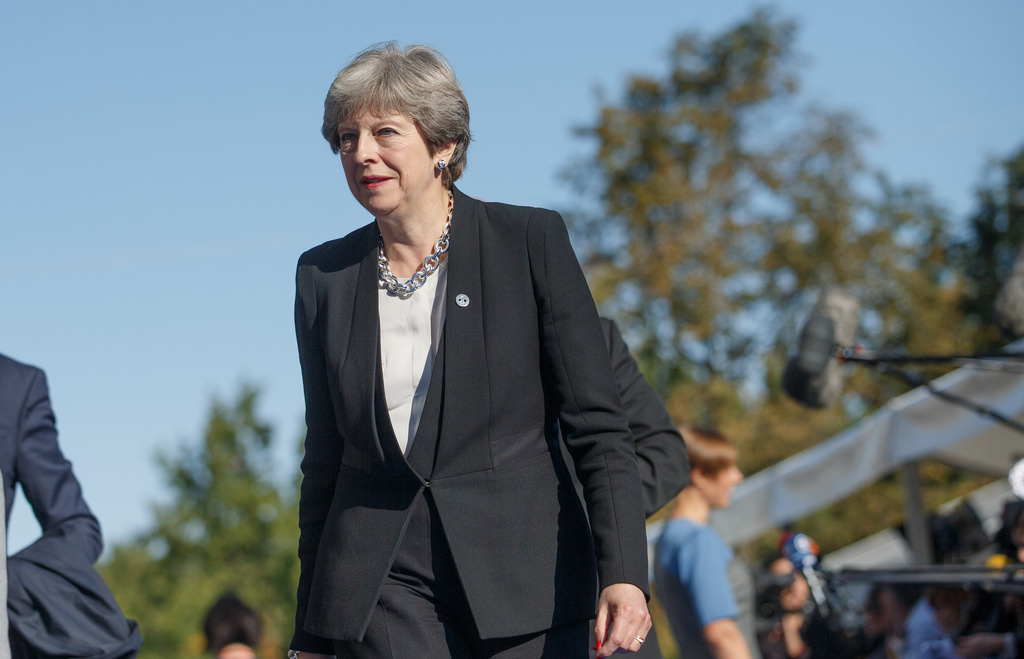
A troubled journey ahead: Theresa May’s trade bill0
- International Trade, Op-ed
- 21/03/2018
The House of Commons is currently reviewing a package of laws, introduced over the last year by Theresa May’s government, which will have a major impact on the post-Brexit future of the United Kingdom. The European Union, the Taxation and the Trade bills will implement the legal framework for exiting the European Union. Trade is one of the key issues the UK is facing – as it leaves the European Union, it will lose the benefits of over 40 trade agreements which account for almost 25% of UK’s exports outside of the EU. This law will ensure the transition out of the European common commercial policy and should minimize the impact of Brexit on UK’s economy. However, the government’s project is inherently flawed and is facing resistance as it passes through the legislative process.
READ MORE

Oil extraction in Italy and “collateral” damage0
- Environment and Energy, Op-ed
- 21/03/2018
The hydrocarbon sector threatens health and environment in Italy, but fossil fuels continue to be the cornerstone of the national energy policy.
READ MORE
International Trade by the People, for the People0
- International Trade, Op-ed
- 17/03/2018
Inequality is rising, wages are declining, local businesses are dying, and poverty remains; resources are being exhausted and climate change is destroying ecosystems whilst increasing the magnitude of natural disasters. Meanwhile, international trade deals that exasperate all of these problems continue to be agreed behind closed doors. In the name of profit, power and domination, the world’s rich elite continue to ensure our planet’s resources and wealth remain monopolised in their hands whilst presenting us with a glossy façade of global trade deals as essential for our prosperity. It is against this backdrop that voices have been raised in Malaysia, demanding trade agreements incorporate a radical, pro-people, pro-environment ‘people’s charter’.
READ MORE
Making nature count: What can the EU do?0
- Environment and Energy, Op-ed
- 10/03/2018
How much would it cost if we had to pay for the clean air that forests provide? For the groundwater filtered by natural soils? For the beautiful setting of the ocean when on holiday? How would businesses and national economies compare if we looked beyond the GDP, towards intangible environmental services? Natural Capital Accounting (NCA) has the answers, but its pioneers need to communicate what it’s all about to ensure implementation.
READ MORE